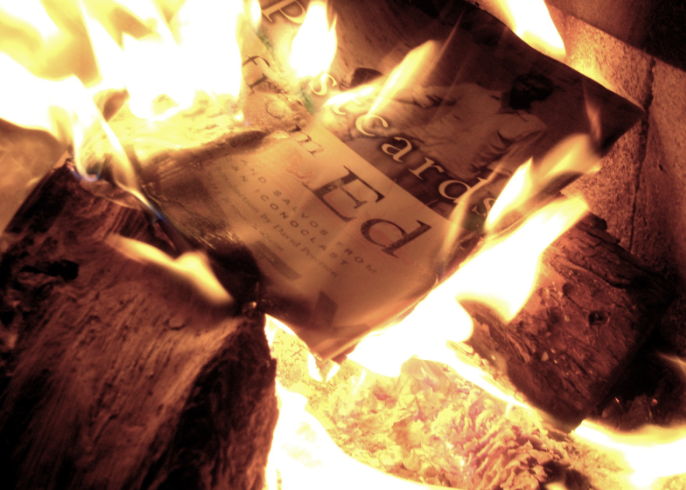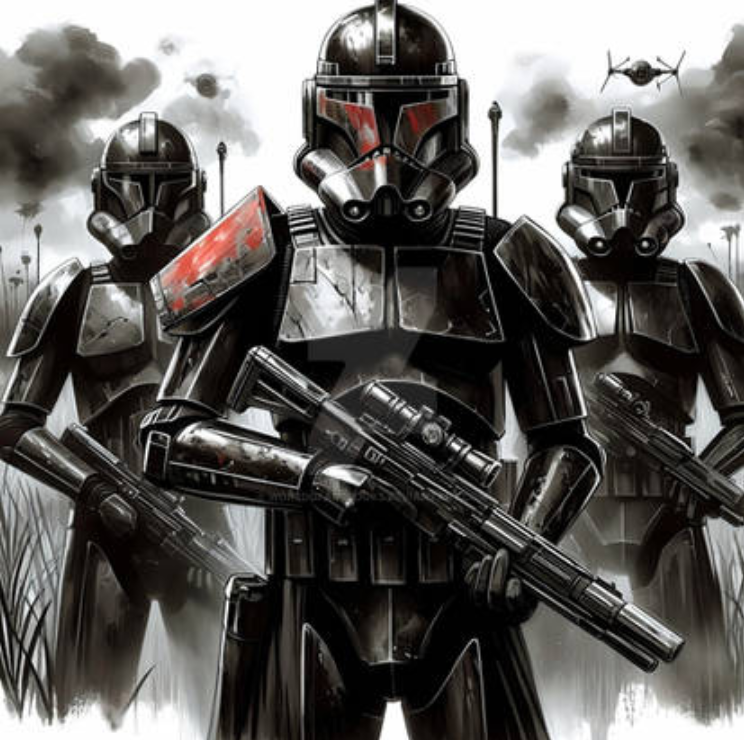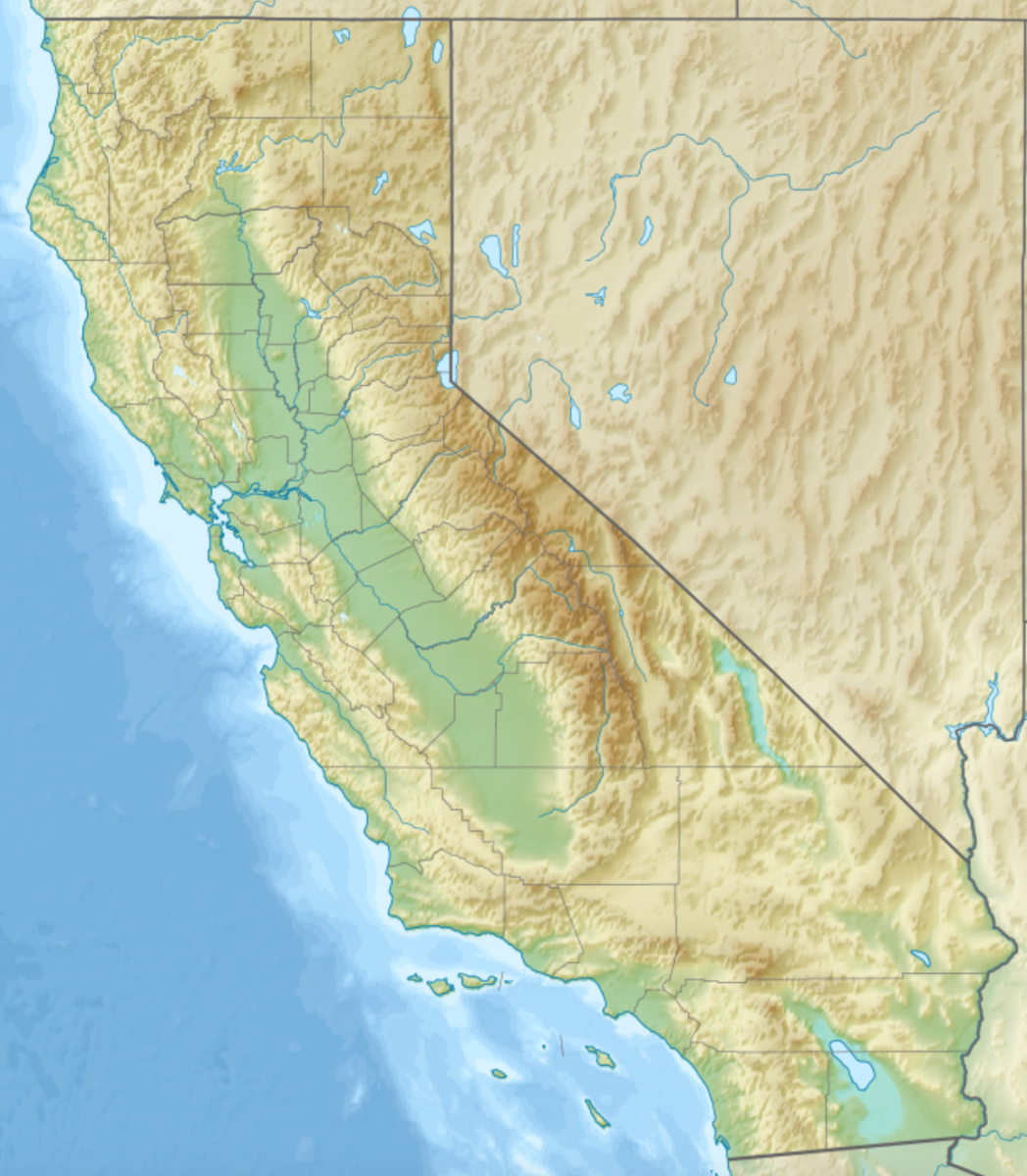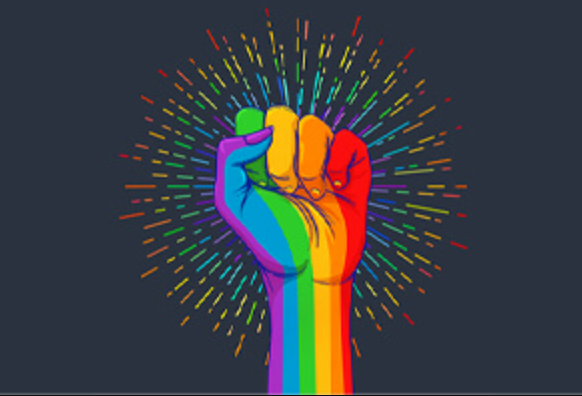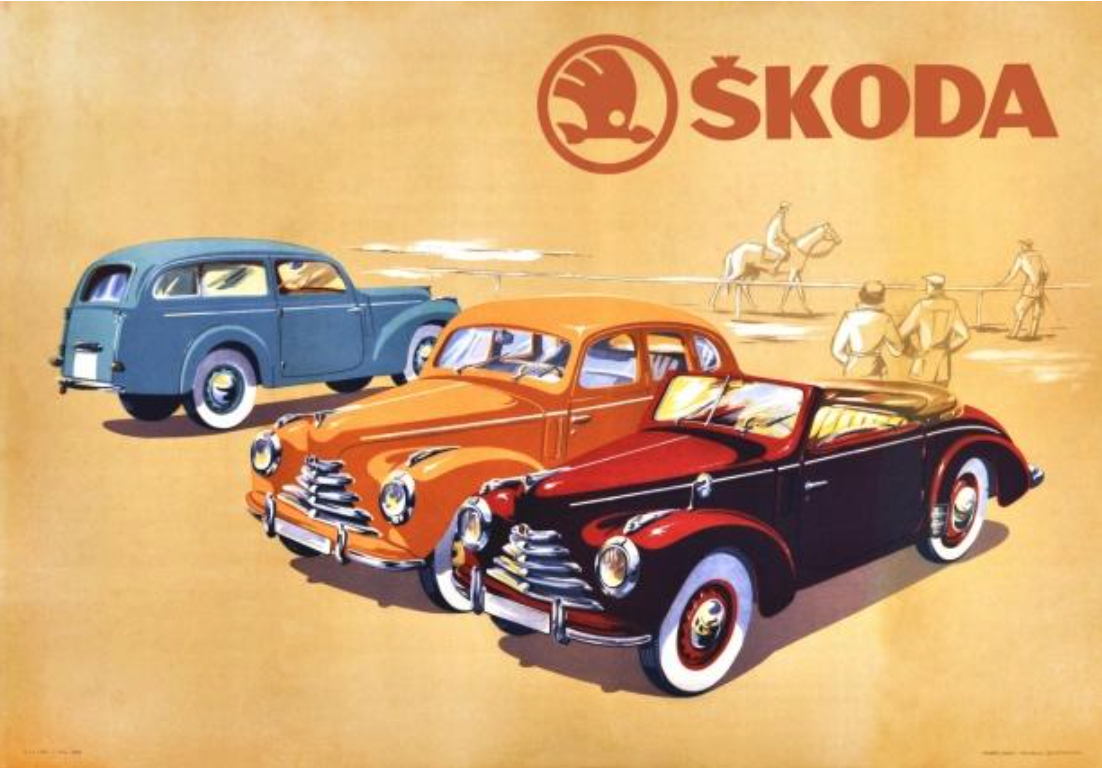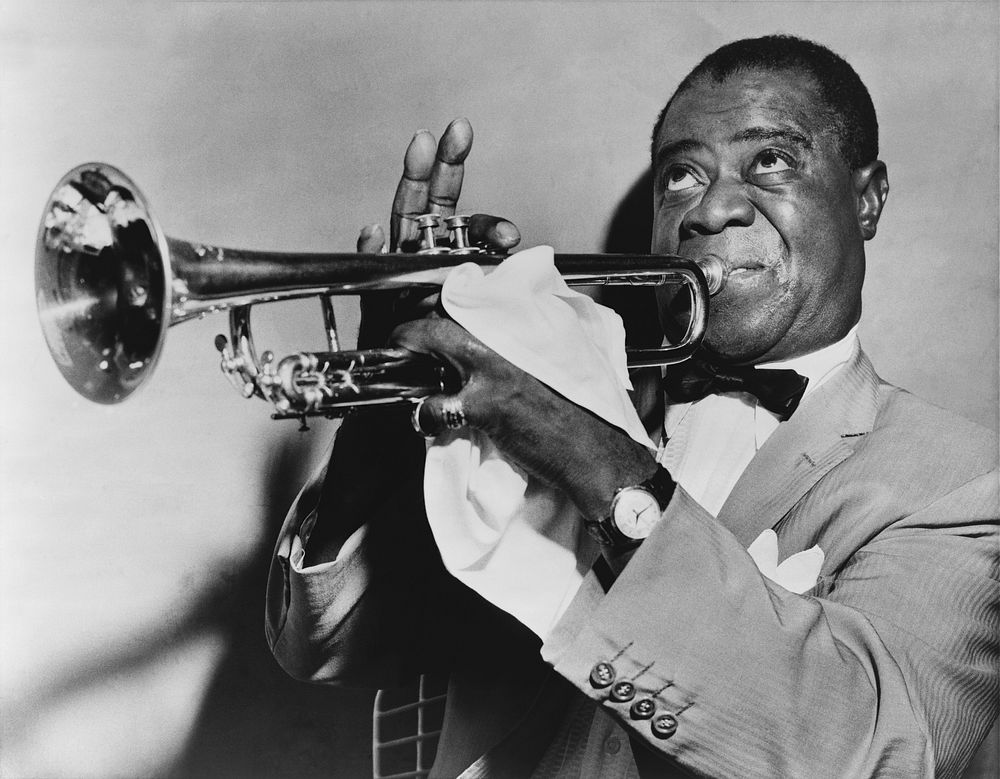Previously published Feb 26. 2021
Go ahead. Walk into any posh downtown cafe or ambient nightclub, and chances are that you’ll hear the familiar brassy blues and pulsating rhythms characteristic of jazz music. Look back to the 1970’s and you’ll find the top 100 music charts saturated with jazz hits and albums. Legends like Miles Davis, Duke Ellington, Louis Armstrong, and Ella Fitzgerald forever changed the musical landscape and transformed jazz into a global musical sensation. But where did it start?
The origins of jazz trace back to the colonial era, wherein colonists exploited the dignity of Native Americans and black people in order to maximize profits on sugar, tobacco, and other cash crop plantations. Though entangled in suffering and inhumanity, the creative expression of African Americans persisted. They denounced white man’s subjugation through spirituals and work songs and encouraged each other by singing of their limitless hopes for life’s possibilities. When slave owners caught on to the rebellious meaning of these work songs, the slaves would improvise lyrics to voice their opinions in a discreetly ingenious manner. Following the Civil War, the former slaves, who were then mostly poor sharecroppers or laborers in the South, invented a new genre of music known as “the blues.” It continued the style of spirituals and work songs, and criticized racial violence and legal segregation enforced by the Jim Crow Laws.
Now, we recognize jazz as a musical form characterized by syncopated rhythms, polyphonic ensemble playing, and deliberate deviations of pitch and rhythm; of course, any real attempt to describe the entire scope of jazz music in a single definition is futile due to its single most brilliant characteristic: improvisation. In jazz music, there’s no such thing as playing a wrong note. If someone plays an off sounding note, perhaps that’s a signal to the rest of the band to key change or to do a performative riff that will change the entire direction of the piece. Jazz ensembles are like a society of magicians, and each member adds their secret ingredient into a bubbling cauldron. The result: a tantalizing, unique, and truly free piece of music.
“Jazz music is the power of now. There is no script. It’s a conversation. The emotion is given to you by musicians as they make split-second decisions to fulfill what they feel the moment requires.” — Wynton Marsalis
All music is fundamentally social – humans use music to express ideas and unspoken emotions to share with others. In essence, music is all about who we are as a society and individuals. Jazz models the ideal democracy: everyone makes individual contributions to the collective musical piece and everyone has the personal responsibility to keep the music flowing. There’s no conductor that determines the beat of the piece or a single composer that determines the tone. In jazz, much like in life, everything is fluid, and nothing is predestined. Jazz music is a defiant freedom forged from the shackles of slavery and a testament that freedom of the mind can never be taken away.
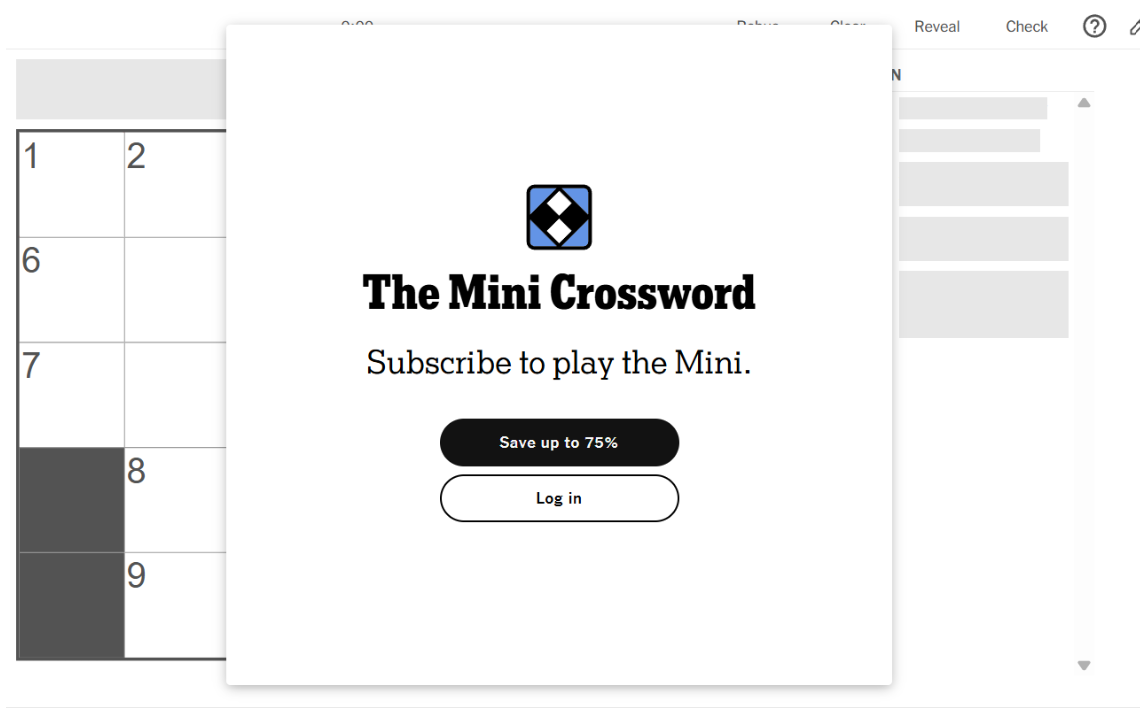









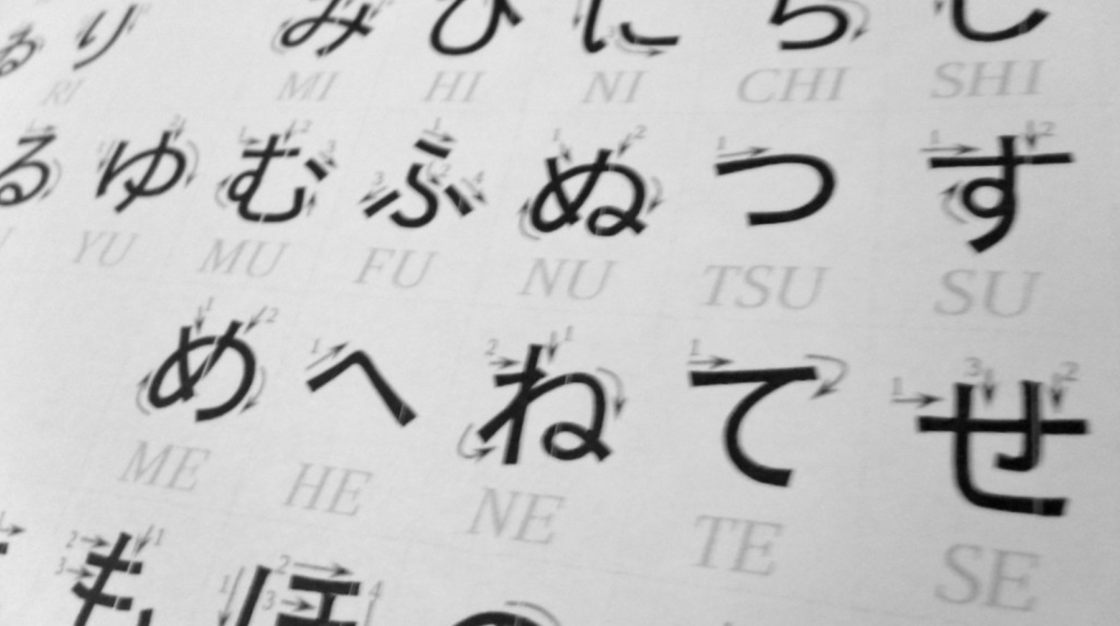






![Teacher [Milk] Tea: Part 2](https://bisvquill.com/wp-content/uploads/2024/03/Screen-Shot-2024-03-19-at-9.28.48-PM.png)















